What language should one speak to be Singaporean?
Former journalist Goh Choon Kang notes the shift in perceptions of what is considered a mother tongue, and how becoming a monolingual English-speaking society would affect Singapore's current multilingual advantage and international positioning.
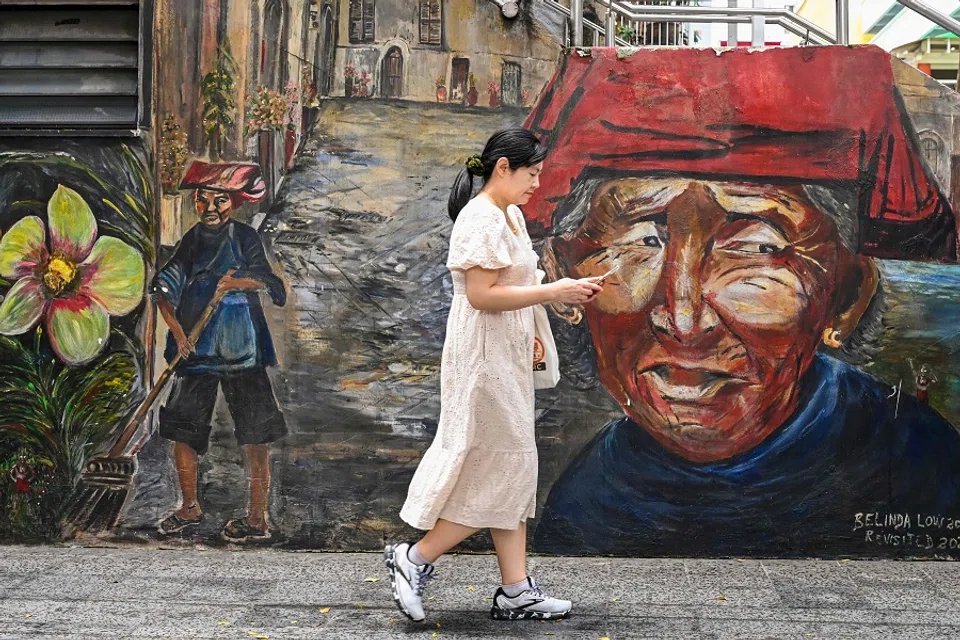
Recently, I had a meal with a few old friends, and we got to talking about the Mandarin language. One of them recounted a rather startling personal anecdote.
One day, he was playing with his five-year-old granddaughter, and upon hearing her speak entirely in English, he asked her to speak in Mandarin, only for this kindergartener to retort: "I'm Singaporean, not Chinese - why must I speak Mandarin?" My old friend said he was completely flummoxed.
We all laughed, but after our laughter subsided, we felt that something was not quite right.
If a child in kindergarten is turned off by their mother tongue, how bad would it get at primary school? Why would a five-year-old say something like this to her grandfather? She clearly had the wrong idea.
While one could say a child does not know any better, it is hard to believe that it was her own idea.
My friend said he didn't know why either. The others surmised that it could be due to societal influences. But for this kid, her "societal influences" likely came from her family and her kindergarten; she could not have been "influenced" by others outside of those two categories. And it's hard to believe that a little child would utter those words with no direct or indirect "guidance" from others.
One should be ashamed to not know one's mother tongue - but now, it is being perceived as a foreign language, and instead one should be ashamed of not knowing English.
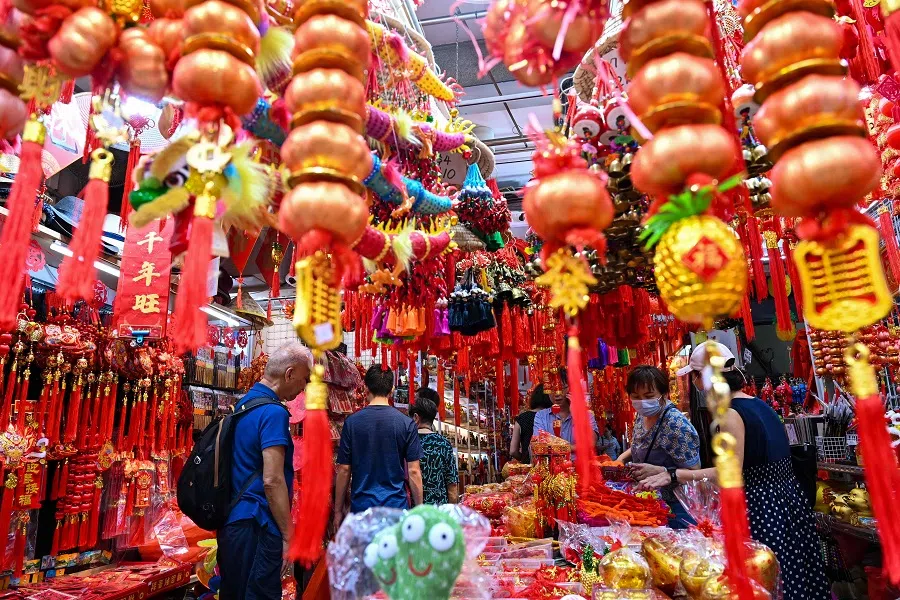
In our minds, an ethnic Chinese should know their mother tongue, and according to education policies, mother tongue means the Mandarin language. But in reality, the situation is much more complicated.
In the past, ethnic Chinese from different birthplaces spoke dialects at home. For children who grew up in these families, their mother tongue was actually their dialect, such as Hokkien, Teochew, Cantonese, Hainanese, Hakka and so on. Those who studied in Chinese-medium schools only came to accept Mandarin as their mother tongue later on. But for those in English-medium schools, they only had dialects used at home as their mother tongue, and did not connect with Mandarin.
A key shift in mentality and perception
It was only until after 1979 that Mandarin was cemented as the mother tongue of the ethnic Chinese (at least in schools), but after decades of evolution, it seems like there is another curious twist. The most obvious is that English has almost entirely become the language of choice at home for many young families. Now, perhaps more than 70% of ethnic Chinese families speak English at home for their entire lives. To them, the language they speak at home is actually their mother tongue, because their parents speak to them in English from their birth.
This shows that the long-running Speak Mandarin campaign did not take root in most ethnic Chinese families, and was instead marginalised. This is perhaps the biggest current challenge to bilingual education. Some are worried that we will eventually become a monolingual (English-speaking) society. Such a concern is not baseless; the anecdote above is enough cause for concern.
From my own personal experience, the "logic" expressed by my friend's granddaughter seems to be commonplace these days. That is: Singaporeans should speak English, or you are not Singaporean; Singaporeans need not know their "mother tongue", because Mandarin is spoken by the Chinese in China.
This logic is simple, but the shift is enormous, as it is a major shift in mentality and perception. One should be ashamed to not know one's mother tongue - but now, it is being perceived as a foreign language, and instead one should be ashamed of not knowing English.
Strangely enough, what the colonialists were unable to accomplish, we completed for ourselves.
From a historical viewpoint, this is an odd shift. During the colonial era, ethnic Chinese strived to preserve their mother tongue and culture, and thus went to great lengths to build Chinese-medium schools. The British colonists were never able to anglicise the ethnic Chinese. It was the same for the Malays and the Indians, which is why in the past we had Malay-medium and Tamil-medium schools.
Strangely enough, what the colonialists were unable to accomplish, we completed for ourselves. Despite the government implementing regulations requiring all students to learn their "mother tongue" (Mandarin, Malay or Tamil language according to ethnicity), and taking pains to encourage people to learn their mother tongue, it faces mounting pressure from many parents asking them to lower requirements with regard to mother tongue language proficiency because their children struggle in learning mother tongue.
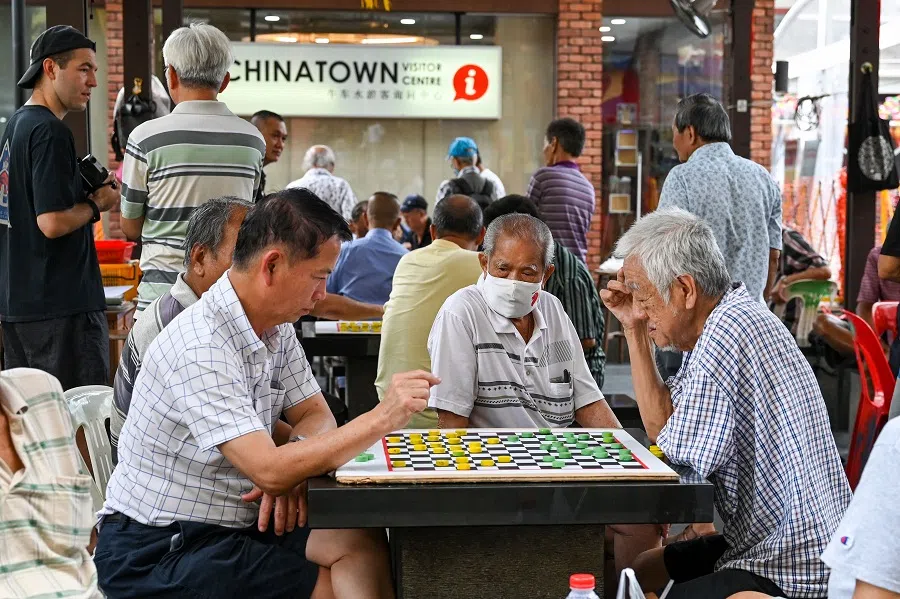
Under the bilingual policy, English became the medium of instruction in schools while mother tongue became merely a subject, and was labelled the second language. Moreover, most students speak English at home, which is why their aversion to their mother tongue is "natural".
People are at ease in their comfort zones; as for the consequences, perhaps only a small group of academics would think about that. On 31 October 2023, Teo Kay Key, a research fellow at the Institute of Policy Studies (IPS) Social Lab of the IPS at the National University of Singapore (NUS), wrote an article titled "Becoming Proficient in English Has Come at a Cost for Many Singaporeans", which was published by the Straits Times.
She pointed out that our mastery of English has given us a competitive edge, but it is also fair to say that Singaporeans have paid a price for this, as Singapore's population has become more proficient in English while losing its grip on mother tongue languages. She added that it was time to count the cost and see if Singapore had the balance right.
The dilution of identity
Teo cited results from research conducted in 2013 and 2018 on race, religion and language. Both surveys showed that while Singaporeans' proficiency in English has risen, all ethnic groups have become less proficient in their mother tongue languages.
According to the 2018 research, only 39% of Chinese respondents said that they were able to speak Mandarin very well, whereas 66% of Malay respondents and 45% of Indian Tamil respondents indicated the same about their respective mother tongue languages. This meant that the decline in proficiency for mother tongue languages was fastest for Mandarin.
What does this decline mean? Teo felt that understanding multiple languages and being competent in them would be a valuable skill in today's world. Perhaps we can add that this is in fact Singapore's current advantage in multilingualism. Teo added that a decline in mother tongue language competencies also signals that the knowledge we hold about our own identities is getting diluted, as language is an important repository of one's culture and heritage. To use a previously common expression, we are losing our cultural roots, because we actually do not exactly have a "Singaporean culture" yet.
... the crux of the problem is how mother tongues have lost their function at home and in society, where people are gradually used to living in the comfort zone of a monolingual English society.
However, for the average person, culture is after all an abstract thing: I am comfortable with life as it is now, and I see no problem here. What is worrisome is, where will all these shifts end, and what are the consequences?
It seems we are now only focusing on problems with teaching Mandarin in schools, such as how to use technology to aid teaching, how to make texts more lively, and so on, but the crux of the problem is how mother tongues have lost their function at home and in society, where people are gradually used to living in the comfort zone of a monolingual English society.
It is hard to imagine the fate of our "mother tongue" once the baby boomer generation of ethnic Chinese and dialect users pass on, given a generation who grew up with English as their mother tongue.
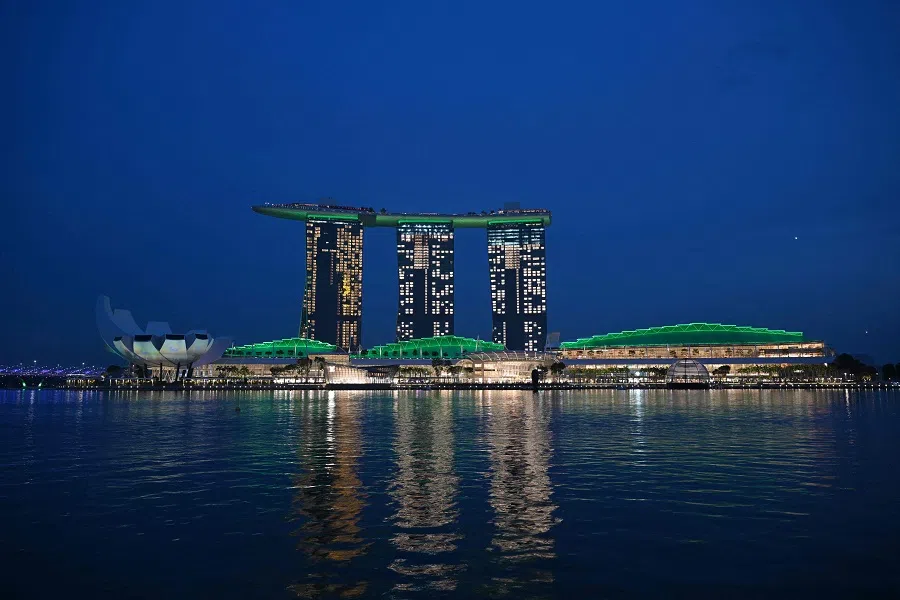
Teo's article did not seem to cause much of a stir in the English-speaking community; perhaps this is indirect proof of the marginalisation of the mother tongue, and of the ubiquity of the mindset that it is sufficient to just know the English language. However, the article did cause a ripple in Lianhe Zaobao's commentary section, which ran two pieces from readers in November 2023 and January 2024, both expressing worry over the declining proficiency in mother tongue, and perhaps even its eventual disappearance.
... besides possibly losing our international advantage, would we also run the risk of losing much of the precious heritage buoyed by our mother tongue languages, including our culture, tradition and values?
Dwindling multilingual advantage
This is an important issue that would affect the future of the nation. English is becoming more and more prioritised, while the position and foundation of mother tongue languages becomes weaker. In the long run, Singaporeans would lose the multilingual advantage it originally had. In today's world, this advantage has allowed us to connect with the East and the West, as well as to excel in our role as a global hub and nexus for East-West culture. Giving up such an advantage would be akin to self-destruction.
As we rapidly shift towards monolingualism, many Singaporeans unconsciously have the misperception that as long as we know English, we can traverse the world. In truth, if we do indeed become an English monolingual society, we would only be a peon of the English-speaking world. As a multi-ethnic society, we naturally should foster a people and society that can speak many languages.
We should consider: If the current trend persists or even accelerates, besides possibly losing our international advantage, would we also run the risk of losing much of the precious heritage buoyed by our mother tongue languages, including our culture, tradition and values? What impact would this have on our society at large, as well as on our national spirit? The wise thing to do is to promptly try and seek a balance.
This article was first published in Lianhe Zaobao as "讲什么话才是新加坡人?".
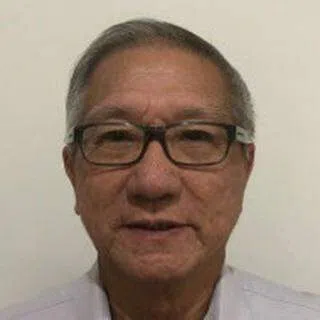


![[Big read] When the Arctic opens, what happens to Singapore?](https://cassette.sphdigital.com.sg/image/thinkchina/da65edebca34645c711c55e83e9877109b3c53847ebb1305573974651df1d13a)
![[Video] George Yeo: America’s deep pain — and why China won’t colonise](https://cassette.sphdigital.com.sg/image/thinkchina/15083e45d96c12390bdea6af2daf19fd9fcd875aa44a0f92796f34e3dad561cc)
